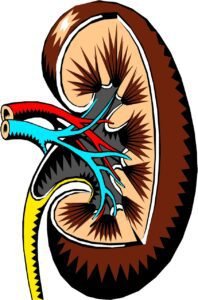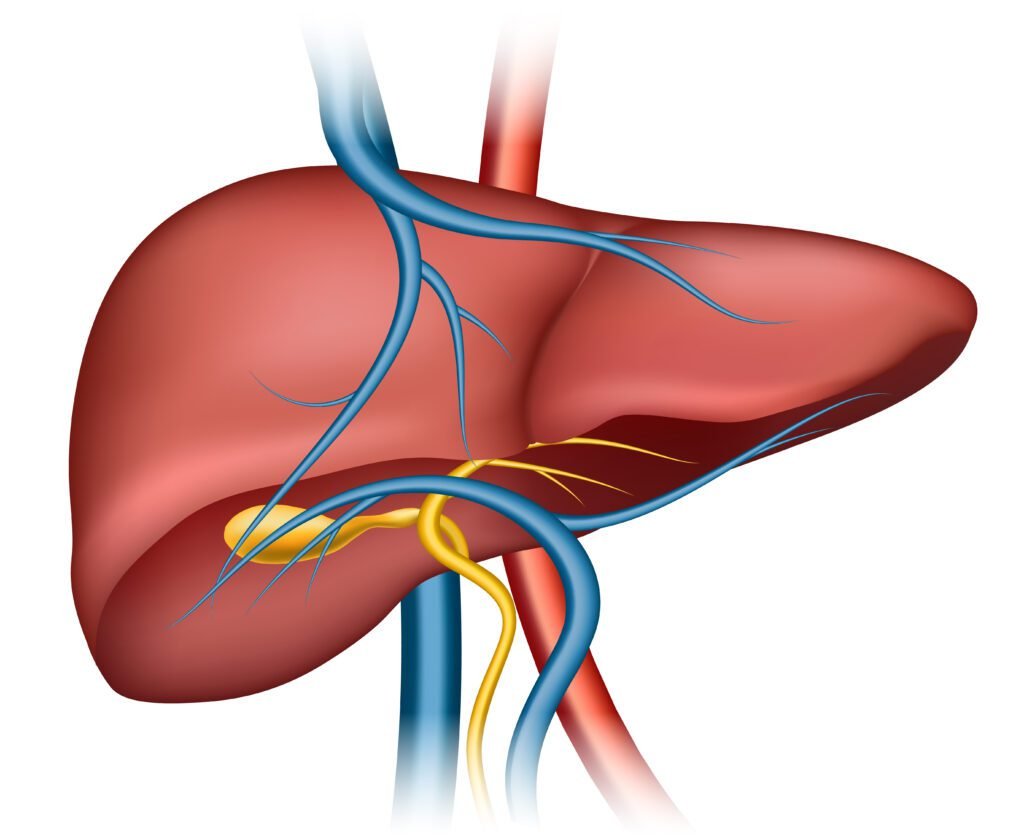CKD
Best Chronic kidney disease Treatment
Chronic kidney disease, also called chronic kidney failure, involves a gradual loss of kidney function.
CKD
Chronic kidney disease
chronic kidney disease treatment also called chronic kidney failure, involves a gradual loss of kidney function. Your kidneys filter wastes and excess fluids from your blood, which are then removed in your urine. Advanced chronic kidney disease can cause dangerous levels of fluid, electrolytes and wastes to build up in your body.

Chronic Kidney Disease Risk Factors
Signs and symptoms of chronic kidney disease treatment disease develop over time if kidney damage progresses slowly. Loss of kidney function can cause a buildup of fluid or body waste or electrolyte problems. Depending on how severe it is, loss of kidney function can cause:
Loss of Appetite
A decreased appetite occurs when you have a reduced desire to eat. It may also be known as a poor appetite or loss of appetite. The medical term for this is anorexia. A wide variety of conditions can cause your appetite to decrease.

Fatigue and weakness
Weakness is a lack of muscle strength and a reduced ability to move your body, no matter how hard you try. Fatigue is a feeling of extreme tiredness or extreme lack of energy.
Urinating more or less
An infection in any part of the urinary system, the kidneys, bladder or urethra.
Decreased mental sharpness
One's mental acuity is affected by numerous elements like memory, focus, and the ability to comprehend and understand.




Muscle cramps
A muscle cramp is a sudden and involuntary contraction of one or more of your muscles.
Dry, itchy skin
Dry skin makes the skin look and feel rough, itchy, flaky or scaly. The location where these dry patches form vary from person to person.
Swelling of feet and ankles
Swelling of the ankles and feet is often an early symptom of venous insufficiency.




Shortness of breath
Shortness of breath — known medically as dyspnea — is often described as an intense tightening in the chest, air hunger, difficulty breathing, breathlessness or a feeling of suffocation.
Chronic Kidney Disease Causes:
1. Smoking
2. Obesity
3. High blood pressure


4. Diabetes
5. Family history of kidney disease
6. Heart (cardiovascular) disease
Investigation
What investigations you required?
Chronic Kidney Disease Treatment
You will get treated by Tub Therapy (Which is 80% Reversing Rate). Many of the patient are getting this treatment at Sandhya Jani Devi Health Resort


AYURVEDIC MEDICINE
Chronic Kidney Disease Diagnosis
Gokshura
Diuretic and flushes out all the toxins.
Shilajit
It has diuretic properties using kidney stones.
Avlaki
Used for painful urination due to Pitta vitiation.
Punarnava
Mutrakrichantaka Rasa 250gm + Yavakshara 2gm + Shweta parpati 500 mg 1-0-1 after food mixed with honey
Chandanasava 10ml-0-10ml with equal amount of Luke warm water
PANCHKARMA
- Basti punarnava oil
- Nirahua Basti punarnava kadhya
- Anuvasana-tila taila
- Uttar Basti- with swadamshtra ghreeta in case of obstruction
- Local abhyanga with marichadi taila and Swedana
- Avgha swedan in hot water dashamoola kashay
- Local lepa – yavakshara, Suryakshara powder is applied to bladder region and wet cloth is placed on top of it
Chronic Kidney Disease DIET
- Patient should take Joo and Buttermilk.
- Amla Sarasa with Gud Sugarcane Juice with Honey Fruits and Melats Diet .
Review of CKD Patients
Frequently Asked Question
People also ask these questions.
– Smoking
– Heart (cardiovascular) disease
– Nausea
– Swelling of foot
– Reduce urine output
Yes, Panchkarma or Tub Therapy makes it possible to reverse. Now you can reach us to feel free to get treated.

